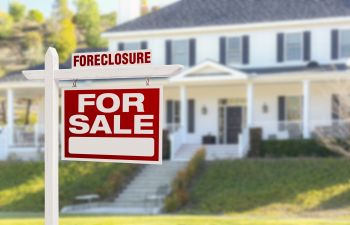Reverse Mortgages Leave Heirs with Heartache

The idea behind a reverse mortgage is that the homeowner can borrow against the equity in a property, leaving them mortgage free until they pass away. Heirs are then able to choose to pay off the loan which, in theory, would allow heirs to keep the property, or put it on the market for sale. However, in many cases, things don’t work out as expected.
To put the problems that heirs are facing into perspective, listing every potential stumbling block would be the equivalent of a long-term study or government report. The two broadest categories would include heirs who were not aware of the reverse mortgage, and those who did not anticipate issues that could potentially lead to foreclosure on a family home.
Predatory Practices
Income and credit requirements have only applied to reverse mortgage loans within the last decade. What this meant for homeowners is that they were able to secure loans that would have been rejected under current regulations. Heirs, who expected a smooth transition of ownership, often find that a deceased relative had been allowed to secure a large loan against a property, and the lender is now demanding payment or the home would be subject to foreclosure.
Lack of Recourse
Understandably, many heirs attempt to negotiate and resolve issues surrounding reverse mortgages with the lender. However, this approach can be complicated and frustrating, depending on the terms of the loan and other factors. Lenders, regulators, congressional representatives and the Consumer Financial Protection Bureau are just some of the avenues that heirs have used in an attempt to arrive at a fair repayment agreement, often with little or no success.
Preparing for a Reverse Mortgage
Although heirs should not have to fight for the right to repay a reverse mortgage loan, a large number of cases illustrate that dealing with the process after the homeowner has passed away can result in the heartbreaking loss of a much loved home. If you have taken out a reverse mortgage on your home, discussing the loan with your heirs and establishing any requirements for transferring responsibility for the loan after your death can help prevent foreclosure.
Bankruptcy may also provide a remedy for avoiding foreclosure on your home as the result of issues arising from a reverse mortgage. For a free initial consultation in Georgia, reach out to the offices of Jamie L. Gingold, PC, GingoldBankruptcyLaw.com (Formerly practicing with Gingold & Gingold LLC) today.







